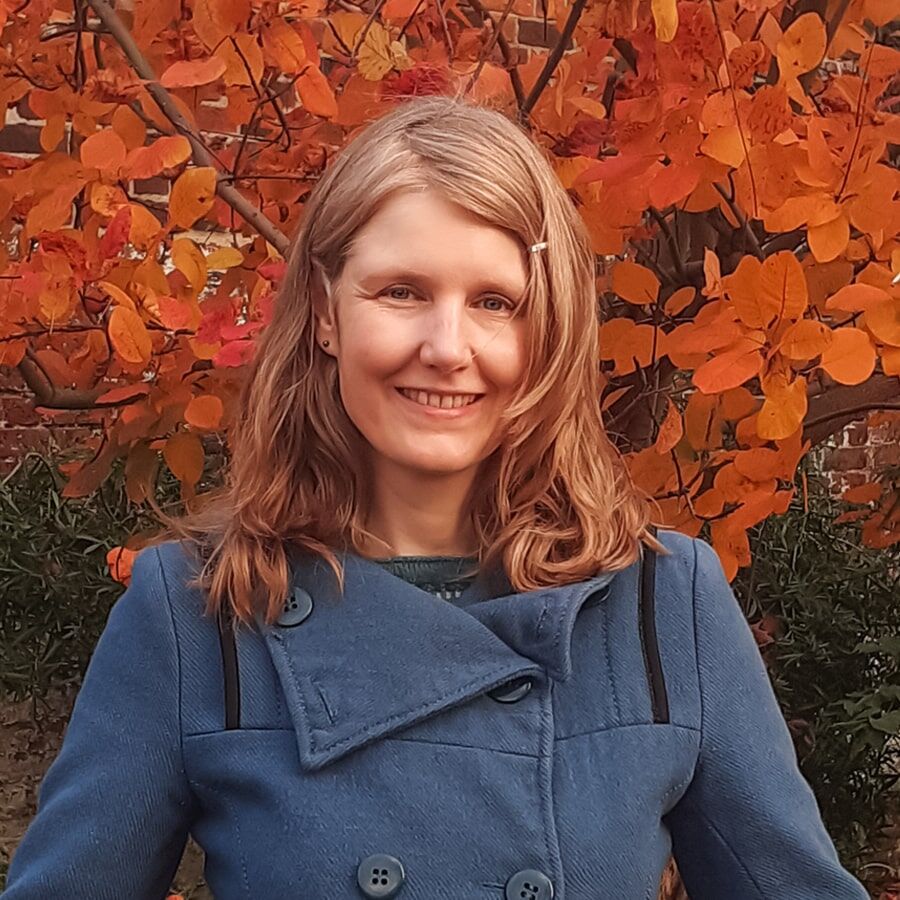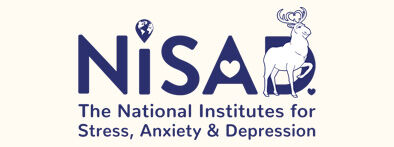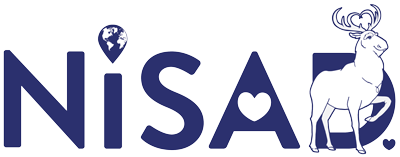What to do if you’re bored at home because of the Coronavirus and snacking feels all too easy?
As humans, one of our biggest challenges, believe it or not, is what we do with our time.
We’re an inventive, industrious and social species.
Cave paintings, ritual practices and the tradition of story-telling are all evidence of our ancestors’ desire for something to do.
 We are born into the world with a set of innate skills – like creativity, problem-solving or our ability to connect with others.
We are born into the world with a set of innate skills – like creativity, problem-solving or our ability to connect with others.
When we encounter opportunities to put our skills into action, we go into a state of flow.
Time passes quickly as our mind and body are engaged in the activity at hand.
When we’re not engaged in this way, our minds go searching for something to do.
We’re not very good at just doing nothing. We get bored. We also look for a quick fix. And in a world of convenience and plenty, food has become something easy to do.
Add to this the sensory pleasure of eating and it’s easy to see how food has become a ‘go to’ activity for relieving boredom.
And add to this the frequent drip-feed of food advertisements, and it becomes ever clearer just why our thoughts go to food for something to do.
So what can we do about this?
Well, awareness is the first step towards changing our habits.
As we begin to notice when we’re reaching for something to eat, not because we’re hungry, but because we’re bored, we start to have more choice over our actions.
As we do this, it’s really important to be kind and compassionate to ourselves.
Rather than chiding ourselves for wanting to snack, we can instead begin to change our behaviours, by acknowledging these three things:
- Our minds like something to do that challenges or engages us
- Our environment nudges us towards our choice of action
- We thrive when we use our strengths and skills
When we acknowledge this, we can begin to shape our living environment to support our choices:
 Within eye line or easy reach, we can put things that will stimulate or engage us.
Within eye line or easy reach, we can put things that will stimulate or engage us.
It might be a crossword, a puzzle, a jigsaw, something to read, paper and pencils for drawing or writing, a lego set, a colouring book… something to turn easily to in moments of boredom.
If we have more time to hand, we can take on a bigger project.
Break it down into small chunks so that it doesn’t feel overwhelming and just focus on one thing at a time.
Make a list so that there are challenges to complete.
This gives both a sense of purpose and a feeling of accomplishment with each thing ticked off the list.
We can even make a list of our own particular strengths and skills and think about things we can do that involve using them.
As humans, what we do with our time is a challenge. But we have the skills to take on the challenge and engage ourselves.

Alison Easton
BA(Hons) HPD DipCHyp
Director of Clinical and Creative Development
For nearly 10 years, I have been providing therapy using hypnosis to assist people in changing the beliefs and habits that are making them unwell or unhappy into those that foster health and happiness.
My role at NISAD draws on this experience to write informative and compassionate content to support all that visit us on social media and on our ELK.Health programmes.


